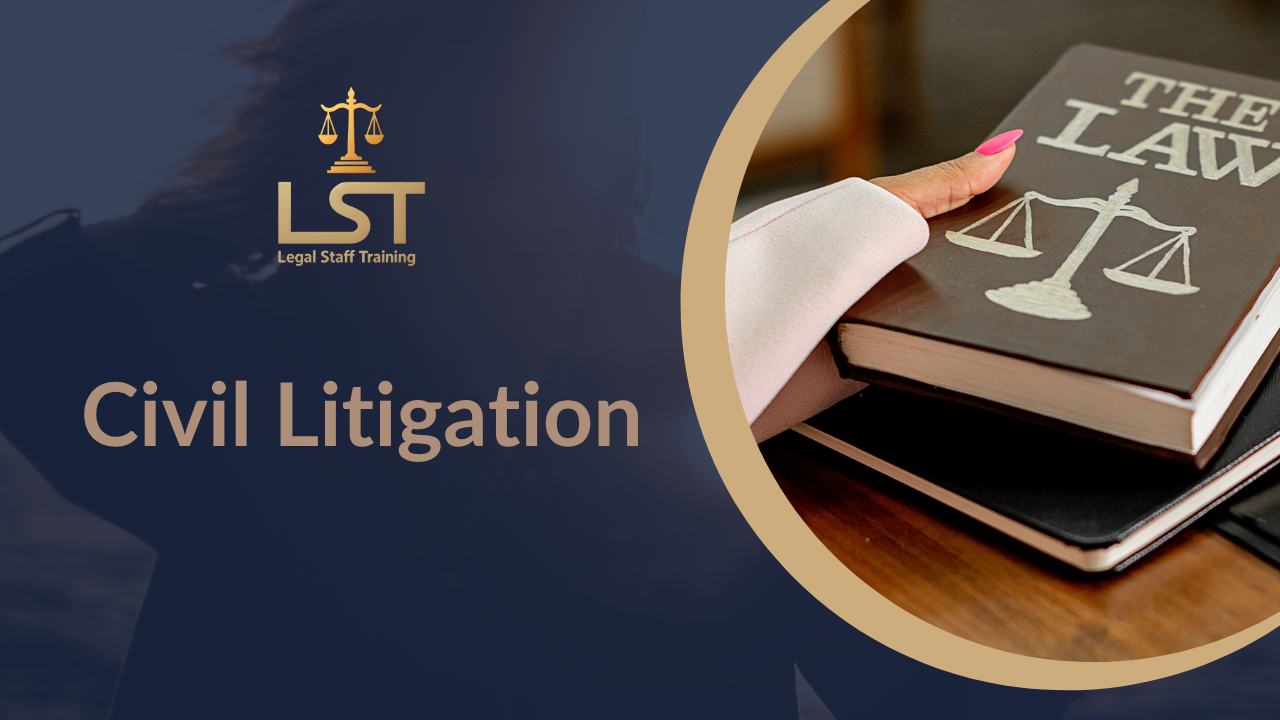INTRODUCTION TO CALIFORNIA CODE OF CIVIL PROCEDURE SECTION 2016.090
Oct 24, 2025
California Code of Civil Procedure § 2016.090, effective January 1, 2024, introduces mandatory early disclosure requirements in civil lawsuits. This section mandates that parties must provide initial witness and document disclosures within 60 days of a request from another party. Additionally, parties are required to disclose any insurance policies that may cover potential judgments against them. This change aims to enhance transparency and efficiency in the litigation process.
CCP § 2016.090 creates a new set of rules for civil litigators in cases filed on or after January 1, 2024, which permits any party to the litigation to demand initial disclosures be provided. Such a demand can be made any time after a party has filed a responsive pleading, including a demurrer or motion to strike.
The following shall apply in a civil action unless modified by stipulation by all parties to the action:
1. Demand/Content. Within 60 days of a demand by any party to the action, each party that has appeared in the action, including the party that made the demand, shall provide to the other parties an initial disclosure that includes all of the following information:
(a) The disclosing party must provide the names and contact information (addresses, phone numbers, and email addresses) of all individuals likely to have relevant information that may support their claims or defenses, or relate to the case or any motion. This excludes expert trial witnesses or consultants who may later become expert witnesses. The information is not required if the person would only be used to impeach a witness.
(b) The disclosing party must provide either a copy or a description (by category and location) of all documents, electronic data, and physical items they possess or control that may support their claims or defenses, or are relevant to the case or any motion—unless they are only intended for impeachment purposes.
(c) Any contractual agreement and any insurance policy under which an insurance company may be liable to satisfy, in whole or in part, a judgment entered in the action or to indemnify or reimburse for payments made to satisfy the judgment.
(d) The disclosing party must provide all contracts and insurance policies under which any person (as defined by Evidence Code § 175) may be responsible for paying, indemnifying, or reimbursing all or part of a judgment. Only the material provisions—such as the parties involved, coverage type and limits, and documents showing any coverage disputes—need to be included in the initial disclosure.
2. Available Information. A party shall make its initial disclosures based on the information then reasonably available to it. A party is not excused from making its initial disclosures because it has not fully investigated the case, because it challenges the sufficiency of another party’s disclosures, or because another party has not made its disclosures.
3. Supplemental Demand.
(a) A party that has made, or responded to, a demand for an initial disclosure may propound a supplemental demand on any other party to elicit any later-acquired information bearing on all disclosures previously made by any party.
(b) A party may propound a supplemental demand twice before the initial setting of a trial date, and, subject to the time limits on discovery proceedings and motions provided in Chapter 8 (commencing with Section 2024.010) of Title 4 of Part 4, once after the initial setting of a trial date.
(c) On motion, for good cause shown, the court may grant leave to a party to propound one additional supplemental demand.
4. Motion to Compel. A party’s obligations may be enforced by a court on its own motion or the motion of a party to compel disclosure.
5. Verification. A party’s disclosures shall be verified either in a written declaration by the party or the party’s authorized representative, or signed by the party’s counsel.
6. Exceptions. CCP § 2016.090 does not apply to the following actions:
(a) An unlawful detainer action, as defined in CCP § 1161.
(b) An action in the small claims division of a court, as defined in CCP § 116.210.
(c) An action or proceeding commenced in whole or in part under the Family Code.
(d) An action or proceeding commenced in whole or in part under the Probate Code.
(e) An action in which a party has been granted preference pursuant to CCP § 36. (Preference given to a party in a civil action that is over 70 years of age and has petitioned the court for a preference.)
7. Unrepresented Party Exempt. This section does not apply to any party in the action who is not represented by counsel.
8. Applicability. The changes made to this section by the act adding this subdivision apply only to civil actions filed on or after January 1, 2024.
9. Effective. This section shall remain in effect until January 1, 2027, and as of that date is repealed. However, effective January 1, 2027, this section will be replaced with new language which is available at: https://leginfo.legislature.ca.gov/
10. Samples of a Demand and Response:
CCP §2016.090 aims to promote transparency, efficiency, and fairness in civil litigation by requiring early and thorough disclosure of key information relevant to the case. By mandating the exchange of relevant documents, contact information for knowledgeable individuals, and applicable agreements or insurance policies, the statute helps streamline the discovery process, reduce unnecessary disputes, and encourage resolution on the merits. The provision strikes a balance between the need for full disclosure and the protection of work product and impeachment-only materials, ensuring that parties are adequately informed while preserving the integrity of the adversarial process.
By Maria Bishop, CCLS
LST-Legal Staff Training
SUBSCRIBE TO OUR EMAIL LIST
Stay sharp, stay ahead — get the latest legal tips, course updates, and insider insights delivered straight to your inbox.
We hate SPAM. We will never sell your information, for any reason.

